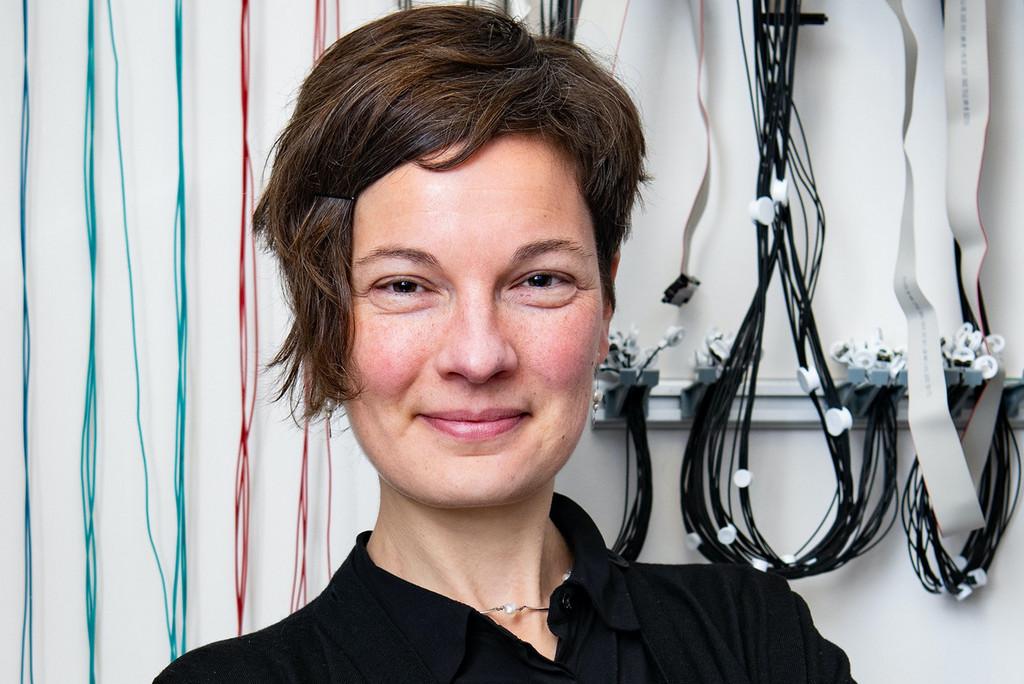
Hedwig Eisenbarth is Associate Professor in the School of Psychology at Victoria University of Wellington, New Zealand
Doctoral Degree (PhD) in co-supervision in Biological and Clinical Psychology and Psychotherapy from the University of Würzburg, Germany, and the University of Padova, Italy
Diploma in Psychology (equivalent to MSc) with a minor in Criminology from the University of Würzburg, Germany
Affective and Criminal Neuroscience, with a focus on emotional regulation, psychopathy, and forensic psychology, as well as the application of machine learning in analyzing physiological and emotional data.
Duration
3 months, June - July 2025
September - October 2025
Host at the University of Passau
Prof. Dr. Susanne Mayr
Chair of Psychology and Human-Machine Interaction, Faculty of Psychology
Humans interact more and more with AI in their daily life, but can those tools accurately perceive what we feel like? Can your smart phone or algorithms used in platforms like Facebook truly detect your mood, and if so, how? And what are the potential implications if such techniques were applied in criminal law?
This project addresses those questions by investigating how humans communicate emotional states and how this information can be leveraged to make predictions. We will analyze various aspects of human behavior including body movements, speech pattern and viewing behavior, as well as physiological indicators such as heart rate, skin conductance and brain activity.
During the research visit we will build new connections between early career and established researchers across different disciplines (psychology, engineering, law) to develop new analysis approaches collaboratively offering unique perspectives and expertise.
We will further collect data in a bespoke study that includes the learning from our interdisciplinary exchange around emotion, AI and its application for criminal law. We aim to not only develop new collaborations and new data analysis tools, but also to raise awareness and facilitate critical discourse on the ethical and societal implications of these methods. The project therefore contributes to the University of Passau’s Digitization and Networked Society theme through the lens of basic human experience, feeling emotions and using them to communicate.